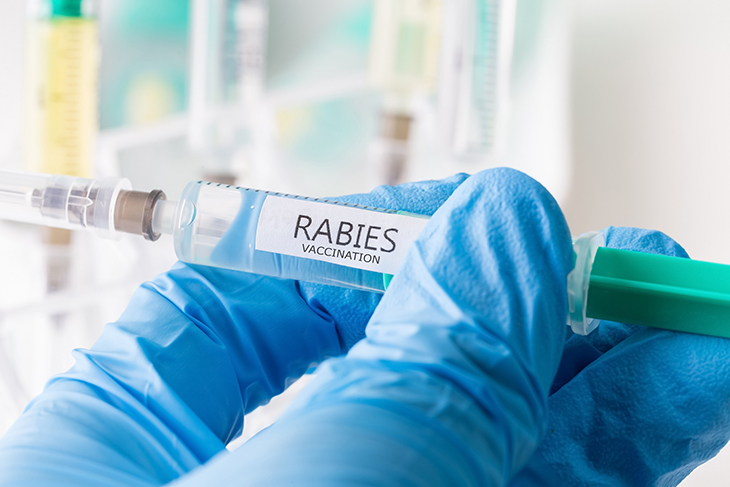
A recent update from the University of Oxford highlights promising results from a Phase 1 clinical trial investigating a novel single-shot rabies vaccine, named ChAdOx2 RabG. In this study, 12 participants were enlisted, with varying doses administered to assess both immune response and safety. Notably, strong immune responses against rabies were observed in all groups, except for those who received the low dose.
Moreover, the researchers delved into the durability of the immune response, conducting follow-ups one year after vaccination. Among the recipients who had received medium to high doses, six out of seven maintained neutralizing antibody levels surpassing the World Health Organization’s protective threshold for rabies vaccines. This persistence of immune response over time suggests a potential long-lasting efficacy of the vaccine.
Unlike the standard 2 or 3-dose regimens of existing rabies vaccines, the ChAdOx2 RabG presents a groundbreaking single-shot solution. This is particularly significant given the persistently high global death toll of approximately 60,000 from rabies each year. The financial constraints faced by patients in developing countries, who often can only afford one shot due to the expensive manufacturing costs of each dose, underscore the need for more accessible and efficient vaccination strategies.
Drawing a contrast with Covid vaccines, which operated as targeted therapies focused on the virus’s spike protein, ChAdOx2 RabG generates inactivated viruses coding for a rabies glycoprotein. This approach prompts the body’s immune system to recognize the entire rabies virus, enabling a comprehensive and effective immune response, potentially contributing to the reduction of rabies-related fatalities globally.
“We’re absolutely delighted with these early results – the vaccine has performed even better than we had expected,” Sandy Douglas, chief investigator on the trial, had reported.
“The problems with existing rabies vaccines are that they are expensive and require multiple doses. We’re very hopeful that expanded trials in countries affected by rabies will prove that this new vaccine could enable routine, affordable, single-dose vaccination against this devastating disease for people living in such areas.”
The findings have been documented in Lancet Microbe. Currently, a phase two trial involving 200 participants is underway in Tanzania, and the outcomes are anticipated to be disclosed later this year.



